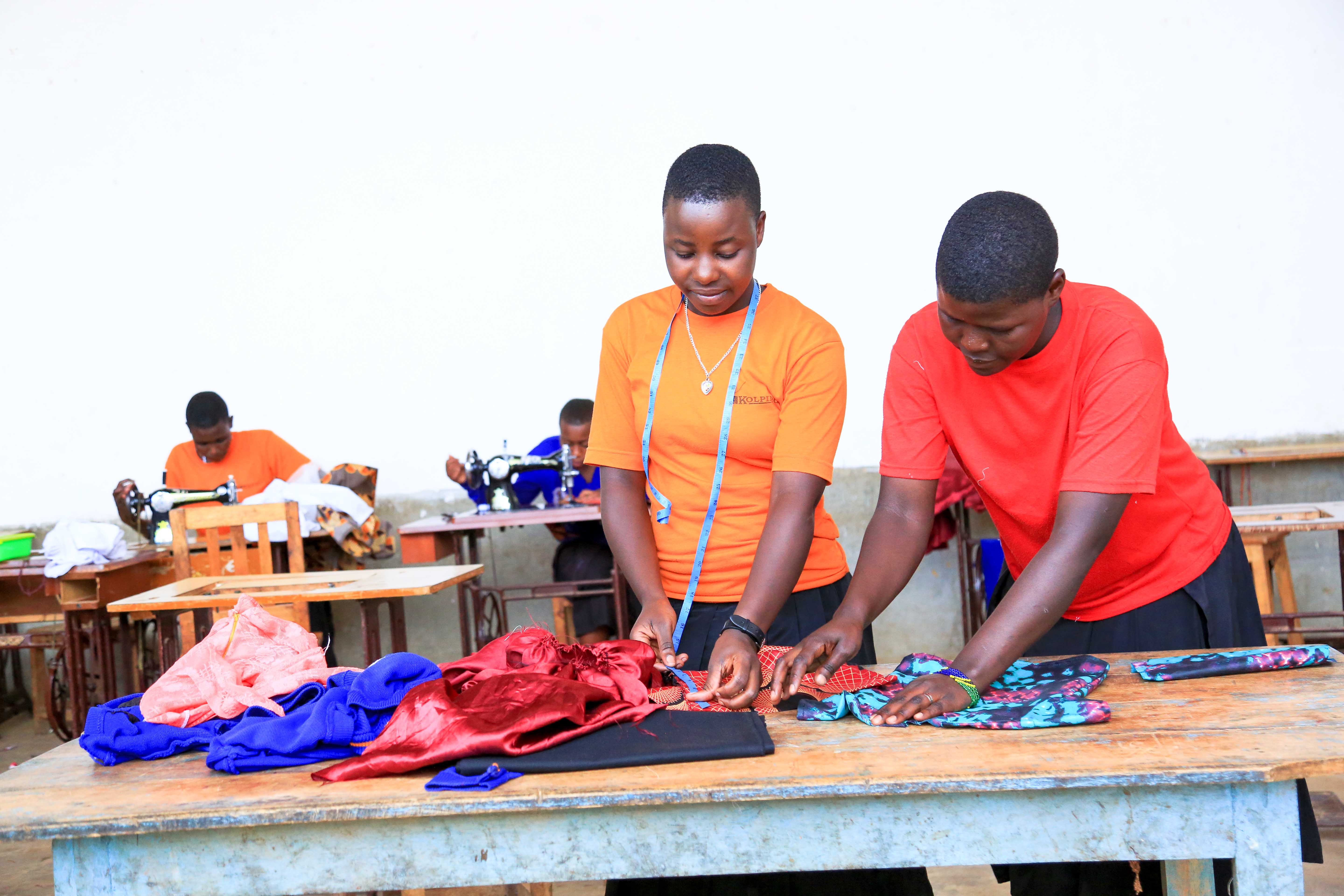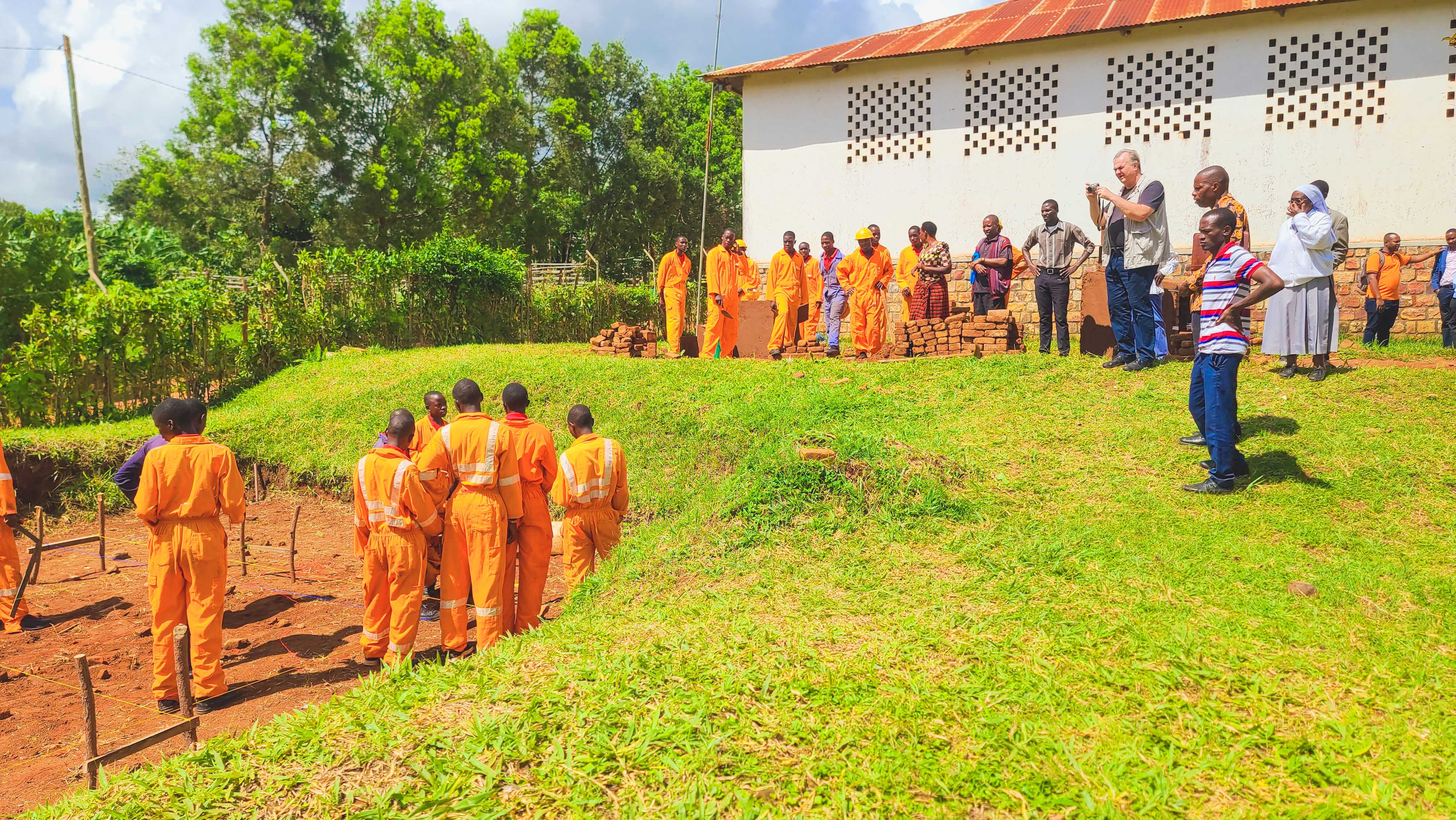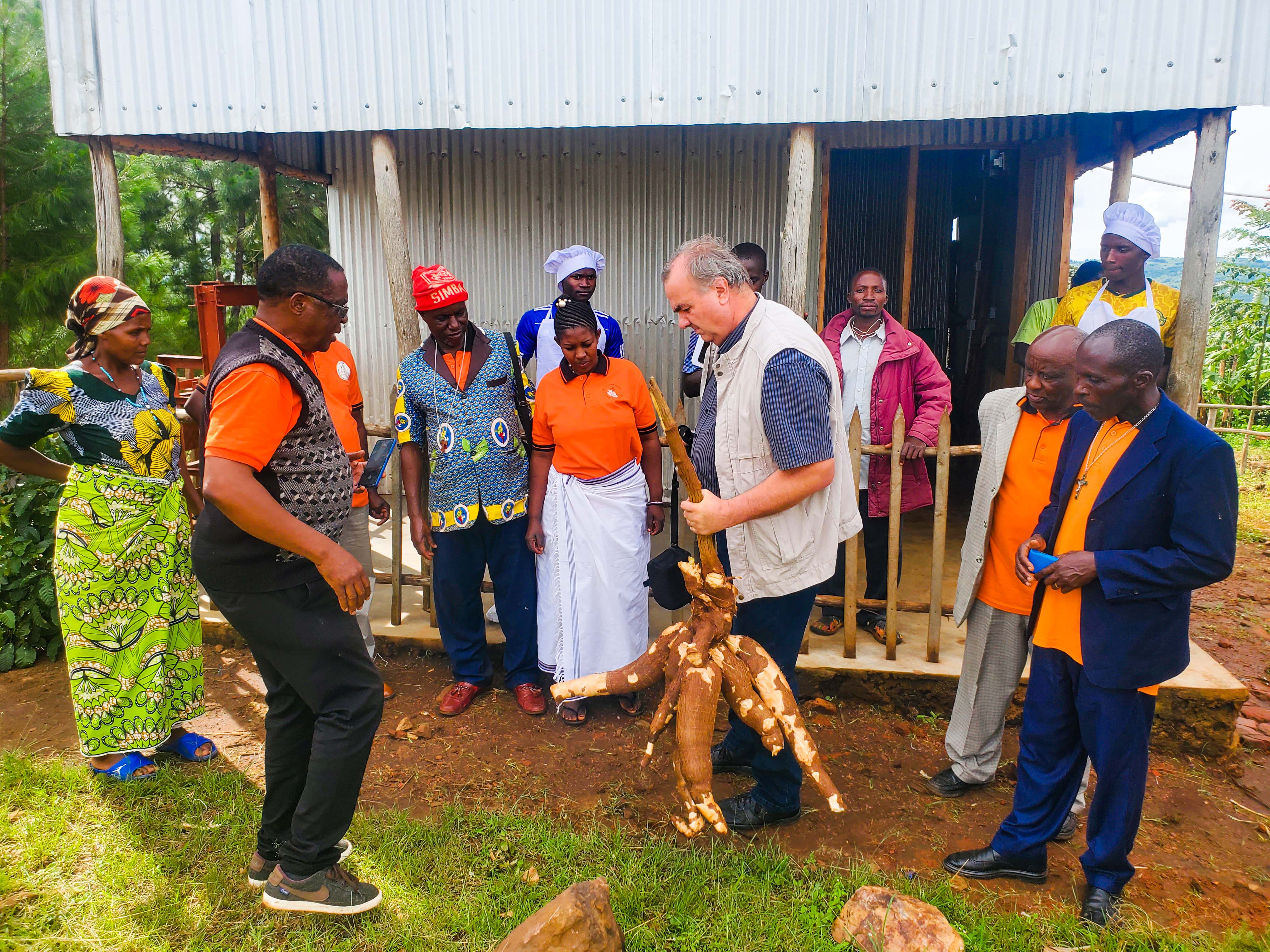-
-
Call us for more details!
-
KST Address
P.O. Box 1236, Bukoba - Tz
VOCATIONAL TRAINING
VOCATIONAL TRAINING


Vocational training is the trademark of the Kolping Society since its Founder Fr. Adolph Kolping engaged himself as a shoemaker in order to support his early education as well as his vulnerable parents. Upon being ordained a priest, and motivated by the encounter with life and living among fellow artisans, he set himself to organize and enable the “journeymen†to address their spiritual, social and economic problems and challenges. His initiatives have grown up into the Kolping Society.
Consequent to the dictates of time, the KST has restructured its work on the vocational training concept to include formal, non-formal and informal types of vocational training and education In keeping to the philosophy of Fr. Kolping, the KST formal vocational education and training programs offer a path, to young people, which imparts the skills and knowledge needed to work in a given occupation. Key features are formation activities, classroom training combined with hands-on training, providing trainees with a complete understanding of concepts in their field and how to carry out the duties of their trade.
Kagondo Kolping Vocational Training Centre (KKVTC) 1993 in Muleba District:It offers vocational training in carpentry and joinery, masonry and brick laying, and tailoring. The center is registered and the programs offered follow VETA syllabus for vocational training.
Non-formal Vocational Training
Specifically, KST short non-formal vocational training programs target Kolping members, women and youth in need of vocational skills in food processing, textile technologies, leather tanning, candle making, wine making, small project management, etc.
Informal Vocational Training
The KST is desirous of establishing a centre on its plot of land at Mbweni, for training operators in the informal sector in Dar es salaam region. The KST recognizes the informal sector’s vital role in the fight against poverty since it is a force for innovation and development. A survey conducted by consultants hired by the KST from the Sokoine University Morogoro and the University of Dar es salaam, established that there is a very big demand for vocational training in the informal sector in Dar es salaam city.
The envisaged project would contribute towards the improvement of the informal sector for the active labor particularly the youth and women, through training and support. It will ensure that a person-centered learning concept is established in which the interests of the learners in the informal sector and their opportunities for active acquisition of a particular set of skills are at the center stage. It will also include the identification

Kagondo Kolping Vocational Training Center (KKVTC) students during practical session




